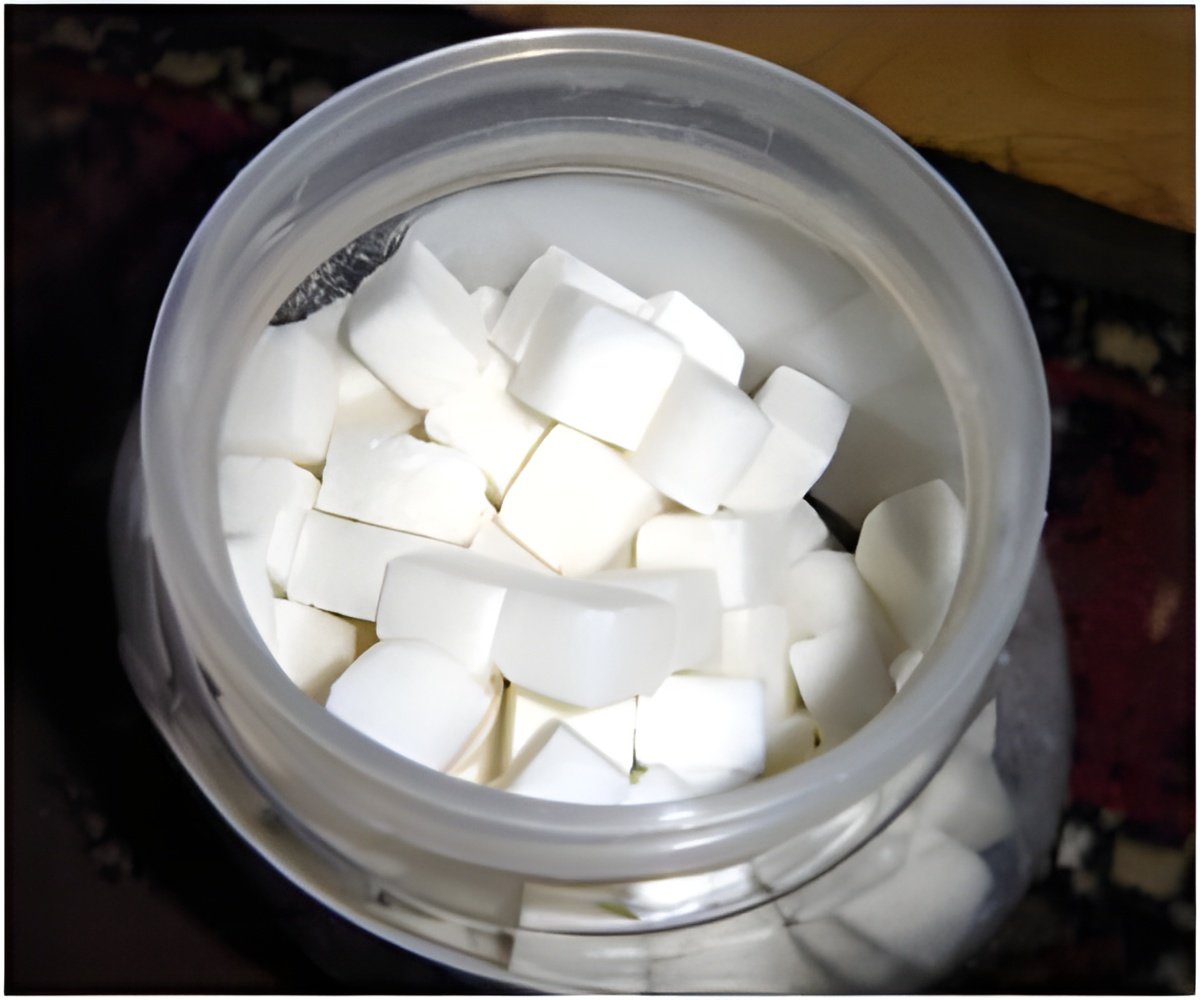
"Our results indicate that this artificial sweetener is not inert - it does have an effect," said first author M. Yanina Pepino, PhD, research assistant professor of medicine.
Pepino's team studied people with an average body mass index (BMI) of just over 42; a person is considered obese when BMI reaches 30. The researchers gave subjects either water or sucralose to drink before they consumed a glucose challenge test. The glucose dosage is very similar to what a person might receive as part of a glucose-tolerance test. The researchers wanted to learn whether the combination of sucralose and glucose would affect insulin and blood sugar levels.
"We wanted to study this population because these sweeteners frequently are recommended to them as a way to make their diets healthier by limiting calorie intake," Pepino said.
Every participant was tested twice. Those who drank water followed by glucose in one visit drank sucralose followed by glucose in the next. In this way, each subject served as his or her own control group.
"When study participants drank sucralose, their blood sugar peaked at a higher level than when they drank only water before consuming glucose. Insulin levels also rose about 20 percent higher. So the artificial sweetener was related to an enhanced blood insulin and glucose response," Pepino explained.
Advertisement
It has been thought that artificial sweeteners, such as sucralose, don't have an effect on metabolism. They are used in such small quantities that they don't increase calorie intake. Rather, the sweeteners react with receptors on the tongue to give people the sensation of tasting something sweet without the calories associated with natural sweeteners, such as table sugar.
Advertisement
That causes an increased release of hormones, such as insulin. Some animal studies also have found that when receptors in the gut are activated by artificial sweeteners, the absorption of glucose also increases.
Pepino, who is part of Washington University's Center for Human Nutrition, said those studies could help explain how sweeteners may affect metabolism, even at very low doses. But most human studies involving artificial sweeteners haven't found comparable changes.
Just how sucralose influences glucose and insulin levels in people who are obese is still somewhat of a mystery.
Pepino said further studies are needed to learn more about the mechanism through which sucralose may influence glucose and insulin levels, as well as whether those changes are harmful. A 20 percent increase in insulin may or may not be clinically significant, she added.
The study is available online in the journal Diabetes Care.
Source-ANI













